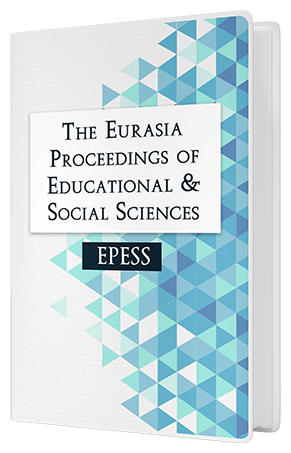Analysis of Studies on Coding Education: A Meta Synthesis Study
DOI:
https://doi.org/10.55549/epess.1179319Keywords:
Coding education, Robotic coding, MetasynthesisAbstract
In this research, 39 studies carried out between 2015 and 2021 were examined by metasynthesis method. In this context, current trends in published research on coding education in Turkey have been tried to be determined. Studies on coding education in Turkey were examined according to the years they were published, the subject and application areas of the studies, research methods, study groups, data collection tools, data analysis techniques, results and suggestions. In order to examine the publications included in the research, a data collection form was developed by the researchers and analyzed within the framework of the determined categories. As a result of the findings, it was seen that more studies were carried out on coding education in 2019-2020, studies were carried out to determine opinions on robotics and coding education, studies were carried out in the field of educational science, case study and experimental design were preferred, mostly secondary school students were preferred as the study group, and the data were collected mostly by interview technique. It has been revealed that content analysis is frequently used in analysis. When the studies examined, it was seen that mostly results were obtained to explain the current situation and suggestions for applications were included. In line with the results of the research, longitudinal or experimental studies can be made for coding education.Downloads
Published
Issue
Section
License
Copyright (c) 2022 The Eurasia Proceedings of Educational and Social Sciences

This work is licensed under a Creative Commons Attribution-NonCommercial-ShareAlike 4.0 International License.
The articles may be used for research, teaching, and private study purposes. Any substantial or systematic reproduction, redistribution, reselling, loan, sub-licensing, systematic supply, or distribution in any form to anyone is expressly forbidden. Authors alone are responsible for the contents of their articles. The journal owns the copyright of the articles. The publisher shall not be liable for any loss, actions, claims, proceedings, demand, or costs or damages whatsoever or howsoever caused arising directly or indirectly in connection with or arising out of the use of the research material. All authors are requested to disclose any actual or potential conflict of interest including any financial, personal or other relationships with other people or organizations regarding the submitted work.




